
…mit Galette des rois, ganz schön viel Gebackenem, zwei Kinobesuchen (House of Gucci und Matrix 4), ein paar Büchern – und wie immer, den besten Links der letzten Tage.
Seit dem letzten Zuckersüß habe ich Glückspilz-Kekse, Orangen-Koriander-Kuchen (wie der Zitronen-Kurkuma-Kastenkuchen, nur eben mit Orange und Koriander), Bravetart’s Zimtschnecken, Brownies mit Frischkäse aus dem Bravetart-Buch (ich fand sie viel zu süß, die Idee, Frischkäse einzufrieren und dann wie Nüsse unterzuheben werd ich mir aber merken) und Reiszopfbrot (inkl. einer veganen Variante) gebacken und Buttermilcheis gemacht.
Ich habe ziemlich viel ins Blog geschrieben: einen Jahresrückblick und zwei Bücherposts, nämlich über den Comic Persepolis von Marjane Satrapi und Le pays des autres von Leila Slimani. Dann habe ich noch zwei Bücher – für die Uni – angefangen, nämlich Knowledge for Sale: The Neoliberal Takeover of Higher Education von Lawrence Busch und Assetization. Turning Things into Assets in Technoscientific Capitalism, herausgegeben von Kean Birch und Fabian Muniesa (open access, übrigens!).
Kino: House of Gucci + Matrix Resurrections + Don’t Look Up
Ich war im neuen Jahr zweimal schon im Kino und beide Male war wirklich viel los (FFP2 ftw, I guess?). Im Votivkino habe ich House of Gucci angeschaut. Ich fand den Film weit weniger schlecht als viele Kritiken und Tweets das erwarten ließen (FM4: In „House of Gucci“ ist Lady Gaga ein rarer Lichtblick, der Standard: „House of Gucci“: True Crime, Seifenoper oder Modefilm?, The Guardian: Lady Gaga steers a steely path through the madness, The Cut: It’s Time to Talk About the Accents in House of Gucci), aber die Fake-Italo-Akzente im Englischen und Jared Letos völlig übertriebene Darstellung von Paolo Gucci waren schon unnötig. Lady Gaga fand ich in der Rolle als italienischer Klischee-Golddigger ziemlich cool, und Outfits und Kulissen sowieso. Auch der dick aufgetragene Disco-Soundtrack mit italienischen Einsprengseln (Tracy Chapman und Luciano Pavarotti??) hat mir getaugt.
Für Matrix Resurrections ins Haydn-Kino zu kommen war sehr stressig, dank 22h-Corona-Sperrstunde starteten alle Filme quasi gleichzeitig, was zu einer Schlange über alle Treppenabsätze (Tickets) einer quer durch das Foyer (Popcorn) und einer riesigen Menge vor den Kinosälen (2G-Check) führte. Einmal im Saal angekommen (mitten in der Trailervorschau, obwohl wir 40 Minuten vor Filmstart da waren!), wars aber super, denn es waren offenbar viele Matrix-Fans im Publikum, was zu vielen „Ahs!“ und „Ohs!“ und vor allem aufgeregten Gesprächen während des Abspanns führte. Ich gehöre nicht zu diesen Superfans, ich konnte mich kaum an die vorherigen drei Filme erinnern. Mit den vielen Rückblenden und nachgestellten Szenen (?) konnte ich deshalb nix anfangen, dafür umso mehr mit sonstigen popkulturellen Referenzen. Dass Tiffanys/Trinitys Ehemann Chad heißt (passend zur Incel-Ideologie), die vielen Meta-Kommentare zur red pill und die ganze Psychologen/Analysten-Figur Neil Patrick Harris haben mich ziemlich amüsiert. Ob es nun ein „guter“ oder „schlechter“ Matrixfilm war vermag ich nicht zu sagen (online wird er ganz schön verrissen, z.B. beim Guardian: The Matrix Resurrections review – drained of life by the Hollywood machine). Wie bei House of Gucci hab ich auch viel auf die Kostüme geschaut, aufgefallen sind mir dabei vor allem die Strickpullis der Crew (von denen ich nirgends Fotos finde) und die grandiose Sonnenbrille von Lexy (Erendira Ibarra), leider kostet sie 395 britische Pfund.
Endlich habe ich meine WG überzeugt, Don’t Look up zu schauen (läuft bei Netflix), damit ich mir selber anschauen kann, was es mit dem Hype auf sich hat. Und damit ich meine vielen offenen Tabs zum Film spoilerfrei lesen konnte. Ich fand den Film letztlich schon halbwegs lustig, aber irgendwie meh.
- Forbes: Don’t Look Up Points Out Science Communication Challenges
- The Guardian: Look away: why star-studded comet satire Don’t Look Up is a disaster
McKay is so un-shy about expressing his blanket contempt that one starts to wonder who this could possibly be for. The only group simpatico to its repellent self-celebratory attitude would be the pocket of liberalism on that same ideological footing, estranging others ostensibly on their side with an air of superiority. The toothless comedy has both the tone and reach of a political Facebook meme sent by a well-meaning elder relative, the point less to critique than reaffirm that we all hate the same sorts of people. - Current Affairs: Critics of “Don’t Look Up” Are Missing the Entire Point
I am far less interested in whether Streep’s president is completely plausible than in having a conversation about the various barriers standing in the way of serious climate action, a serious pandemic response, and a rational approach to every public policy issue that has consequences for human lives. A central point made by Don’t Look Up is that when things are matters of life and death, we need to treat them as such. - FM4: Ihr Kinderlein: Komet!
Eine satirische Stereowatschn an Medien, Politik, Social Media, Celebrity Culture und exzentrische Millionäre. Was McKay beim Drehbuchschreiben nicht ahnen konnte, war, dass sein Film auch die Pandemie in gewissen Aspekten perfekt abbilden würde. Ein Teil der US-Bevölkerung beschließt einfach, nicht hinzusehen und die Realität zu verweigern. Der Zeitgeist als Schreckgespenst.
Hier folgen nun noch mehr Links:
Rezepte
Apple-Ginger Tishpishti (Gluten-Free Almond and Walnut Cake) Recipe – Serious Eats
Das klingt interessant!
russian napoleon – smitten kitchen
Erinnert mich an das Honigkuchenrezept kasachischer Bekannter (2010?? könnt ich mal wieder machen!).
Sauerteig-Toasties – HighFoodality
Vielleicht bring ich den Bäcker der WG dazu, solche zu backen.
Texte
On Renewal – From the Desk of Alicia Kennedy
Neue Neujahrsvorsätze:
I believe in getting on with things, making adjustments as they reveal their necessity. There’s a Nada Surf lyric that goes, “Every day is New Year’s Eve / every night is the last night.” Every day is a chance to start anew if things aren’t feeling quite right. I think this is a better way of thinking about life, or at least it has been for me. The messaging around the New Year feels bullying to me, stifling and cruel. There’s nothing wrong with using this moment for a fresh start, but there’s something wrong with the push that we all really need a fresh start, or that what we all really need is less of something. Maybe some people need more: a push toward taking up more space, allowing themselves some luxury, giving in to a need for leisure, letting go of notions of perfection.
052021: I Need a Camera to My Eye | Christowski Blog
Mehr Jahreswechsel-Gedanken.
The past year felt longer than usual; whatever happened in the beginning of 2021 appears to be two, three years ago. What is left of it? My brain can’t slice the year up into months anymore, everything gets blurry, and a couple of snapshots throughout the year help to cluster moments and events and ups and downs. What is a good way to make sense of your personal past? I have a messy way of keeping track of life: During the year I switch between various notebooks and note-taking apps, write lists and memories, organize a digital calendar, but everything is all over the place and hard to delve through. As a visual thinker, my camera roll really is the one place that keeps everything connected: A quick glimpse into the past that holds feelings, places, and faces. I wish I’d be less awkward in taking pictures—after all, they’re my extended memory. The smartphone itself doesn’t make me a cyborg; the camera roll does.
It’s O.K. to write about women, fashion, and politics — but here’s how to do it better » Nieman Journalism Lab
Ich habe vor ein paar Monaten angefangen, mir ganz genau anzuschauen, was meine Interviewpartner_innen so anhaben und oft genug beschreibe ich es auch in meinen Radiogeschichten. Ich finde damit kann man viel vom ersten Eindruck transportieren.
Is it okay, then, for journalists to write about fashion when covering powerful women? From our perspective, the answer must be yes, because ignoring fashion-related narratives would present an incomplete account of modern politics. That said, journalists need to approach their coverage carefully and with an eye toward the history of sexist news coverage of female political figures
“Emily in Paris” and the Rise of Ambient TV | The New Yorker
Ich habe ein paar Folgen dieser Serie geschaut und fand sie auf unbeschreibliche Weise furchtbar (und offensichtlich voller girlboss-vibes). Die Beschreibung als Ambient TV leuchtet mir nach diesem Artikel sehr ein.
By the end of its second episode, I knew that Netflix’s new series “Emily in Paris” was not a lighthearted romantic travelogue but an artifact of contemporary dystopia. At that point, Emily had already gone jogging, and the multicolored wheels of her Apple-esque step-counter appeared on my television screen. The circles filled; Emily had pleased the robots monitoring her health.
„Für ein Holzhaus würde ich nie Holz nehmen“ – Freitag
Interview mit einem Kulissenbauer für Wes-Anderson-Filme.
Ein Beispiel: wenn wir das Modell eines Holzhauses bauen, würden wir dafür nie Holz nehmen, sondern Kunststoff. Polyurethanblöcke etwa, die wir dann wie Holz anmalen, aber eben in diesem Maßstab. Selbst die Maserung des feinsten Holzes sieht in der Kamera nicht richtig aus. Man sieht das bei Puppenhäusern und Krippen oft, wenn sie aus Holz gebastelt sind, dass da was nicht stimmt. Oder wenn ich eine Tapete brauche, benutze ich keine echte, sondern fotografiere sie zuerst, bearbeite sie am Laptop und drucke sie in dem Maßstab aus, den ich brauche. Und es gibt ständig neue, interessante Materialen. Nur sind die ökologisch vertretbaren leider meist nicht so gut.
Inverting the talent pipeline » Nieman Journalism Lab
Jedes Jahr lese ich die predictions for journalism des Nieman Lab, und frage mich, was sie für den deutschsprachigen Markt bedeuten. Hier vor allem: schön wärs, never gonna happen.
To grow talent, news organizations need to invest in creating fertile ground for emerging journalists to do their best — and to make occasional mistakes. But those mistakes should not include entering the workforce underpaid and with a mountain of student loans.
Let’s talk about what sustainability really means » Nieman Journalism Lab
Nachhaltigkeit bedeutet auch gute Arbeitsbedingungen:
Our conversations around sustainability can no longer be limited to the financial resilience of our media companies. Sustainability is also the care and attention we can give to our work when we are there fully. Sustainability is a kind of attention that’s only accessible when newsroom staffers have time to think and explore, and to be closer to our communities, without feeling like this is time stolen from other deliverables.It produces work with impact that may not be immediately quantifiable, but which has a ripple effect in the long term on newsroom life and editorial work.
Legacy news orgs dump their podcast strategies » Nieman Journalism Lab
Erstmal nur auf den Profit schauen ist eine schlechte Idee, wer hätte das gedacht:
The most important lesson I offer to companies about podcasting is that every single podcast that you’d deem “a success” became successful by focusing on audience building. People who will be successful in the future will be those who worry about using podcasting to build and deepen relationships, first and foremost.Most importantly, focusing on audience helps address the big mistake that almost every legacy media organization makes when they stand up a podcast group: They make big investments in production, but put almost no resources into ongoing audience engagement, social media, or other means to build a community around what they create.
The coming backlash to journalism’s nichification » Nieman Journalism Lab
„Bei uns“ ists wohl noch nicht so schlimm, aber es ist vielleicht auch gar nicht so weit weg, s. Anke Gröners Blogpost unten.
Some communities become news deserts as local reporting resources dry up. At the same time, many people find they don’t fit into the demographics pursued by leading national media. For some communities, right-wing outlets make a play to fill the void. These outlets become the only ones telling stories of public life in tones calibrated to speak to the tastes and social identities of people and communities profiled as conservative. This inevitably includes many who don’t hold hardened conservative views, but who encounter no one else offering narratives of political life that even try to speak to their experiences and tap into their familiar vernaculars.
Anke Gröner» Blog Archive » Diskontinuität und Konsensfiktion
Das ist wieder einer dieser Posts – persönlich, und voller Verweise zu journalistischen und wissenschaftlichen Artikeln und Konzepten – die Anke Gröners Blog für mich so lesenswert machen.
Ich ahne, dass viele Spaziergänger und ich gar nicht so weit voneinander entfernt sind. Ich bin im – vielleicht naiven, weißen, mittelschichtlichen – Bewusstsein aufgewachsen, dass der Staat und seine Organisationen für mich da sind. Ich halte mich an Regeln, zahle Steuern, fahre nicht zu schnell Auto und verprügele niemanden, weil mir seine Nase nicht passt. Dafür erwarte ich zum Beispiel, dass der Staat mir eine Schulbildung zukommen lässt, in Krankenhäusern Platz für mich ist und ich vor Menschen geschützt werde, die mich verprügeln wollen, weil ihnen meine Nase nicht passt. Seit fast zwei Jahren ist dieses Vertrauensverhältnis allerdings angeknackst. Schule scheint inzwischen mehr ein Glücksspiel zu sein, das auf den Schultern von Lehrenden, Eltern und Kindern ausgetragen wird. Wie schlecht der Zustand des Gesundheitssystems ist, war mir in diesem Ausmaß nicht klar. Aber am meisten bin ich davon überfordert, dass der Staat sein Gewaltmonopol aus den Händen gibt, das er bei Demonstrationen linker Gruppierungen, G20-Gipfeln oder Fußballspielen doch immer sicher beherrschte. Ich bin davon überfordert, dass Menschen sich in deutlich wahrnehmbaren Zahlen gegen den Staat wenden, dass sie kurz davor sind, den Reichstag zu stürmen, dass ihnen in meinen Augen sinnvolle Regeln des Zusammenlebens – Rücksicht, Solidarität, Ansteckungsvermeidung – schon zu viel und eine Einschränkung ihres persönlichen Freiheitsbegriffs sind. Ich bin davon überrascht, mehr Staatsgewalt gegenüber den Spaziergängern zu fordern, wo ich sonst überhaupt keine Freundin von eben dieser Staatsgewalt war. Ich bin überfordert davon, dass meine kleine Welt nicht mehr so funktioniert wie noch vor zwei Jahren, und ich komme aus dieser Fassungslosigkeitsschleife kaum wieder heraus.
That’s What You Claim — Anthony Warner
Welche Lebensmittel „gesund“ sind, ist halt alles andere als schwarz-weiß.
It gets worse for wannabe bullshit food entrepreneurs. Claims must not be ambiguous or misleading, must not encourage excess consumption, and can never imply that the product being sold provides nutritional benefits beyond those attainable from a healthy, balanced diet. These rules do not just apply to claims made on packaging, they also cover any commercial communication about the product, including advertising and social media posts. You can see why the average health and diet guru would get in deep legal shit if they ever moved into the big bad world of manufactured foods, and why reputable producers rarely touch online health influencers with a bargepole, despite their undoubted reach and power.
What Food Delivery Will Look Like in the Future, According to Those Building the Framework – Eater
Dystopisch??
Walking out at the Bellagio, looking across the fountains at the faux Eiffel Tower sitting on top of the Cabo Wabo Cantina, I couldn’t think of a better place to sell the concept of everything you want, all the time, immediately. This is what the Food On Demand attendees want to build — celebrity concepts, national brands, and anything you could think to want brought to you with no time to second-guess your choices. If they’re bringing the world to the block, the block they’re modeling it after is the Vegas strip.
In the Future, You Won’t Own Any Gadgets – Gizmodo
Mehr Dystopie.
This is the reality of a service-first world. The power has shifted so that companies set the parameters, and consumers have to make do with picking the lesser of several evils. Even then, users don’t really have a choice. The internet is now considered a utility, and it’s not like we can put connected devices back into Pandora’s box. You might be able to opt out now, but that’s going to be increasingly unviable.
The Morbid War Over Online Obituaries | WIRED
Wow, jetzt werden auch Nachrufe schon suchmaschinenoptimiert.
Jane’s death had become fodder in a morbid, online war. Over the past 20 years, obituaries have turned into prized commodities, valuable enough to power much of a billion-dollar business and attract what some funeral directors call “obituary pirates,” who prey on the online information of the dead. The competition has intensified during the pandemic, which has killed more than 800,000 Americans.
Backkatalog

Neujahrs-Glücksschweinchen 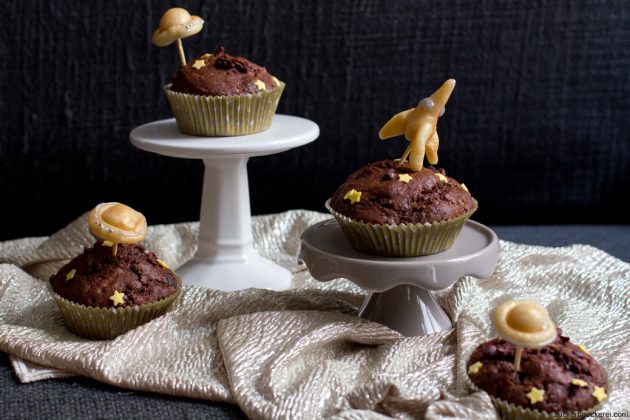
Ufo-Muffins 
Vanille-Eis mit Tahini-Karamell 
Tarte aux Pommes 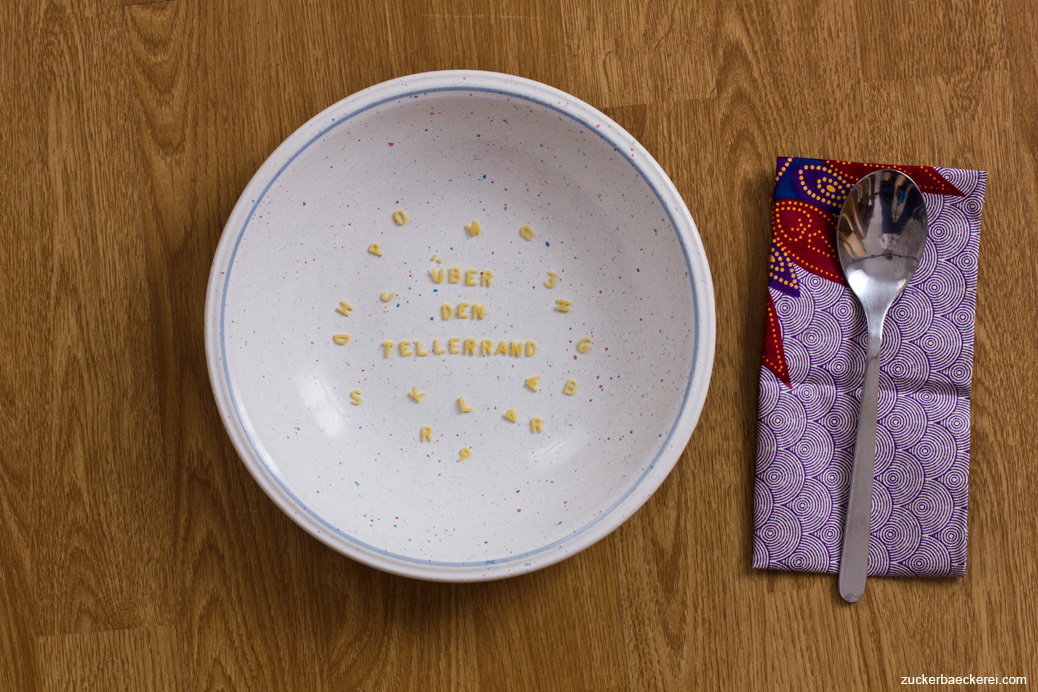
Tagebuchblogs 
Schoko-Mandel-Cookies zu Neujahr 
Schoko-Ingwer-Cookies 
Matchaeis 
Mailänder Apfeltorte
- 2021: Neujahrs-Glücksschweinchen
- 2020: Ufo-Muffins
- 2019: Vanille-Eis mit Tahini-Karamell
- 2018: Tarte aux pommes
- 2017: Tagebuchblogs
- 2016: Schoko-Mandel-Cookies zu Neujahr
- 2015: Schoko-Ingwercookies
- 2014: Matchaeis
- 2013: Eine Reise nach Wien
- 2012: Mailänder Apfeltorte
- 2011: „Walnut Chocolate Blondies“
- 2010: Süße Grissini

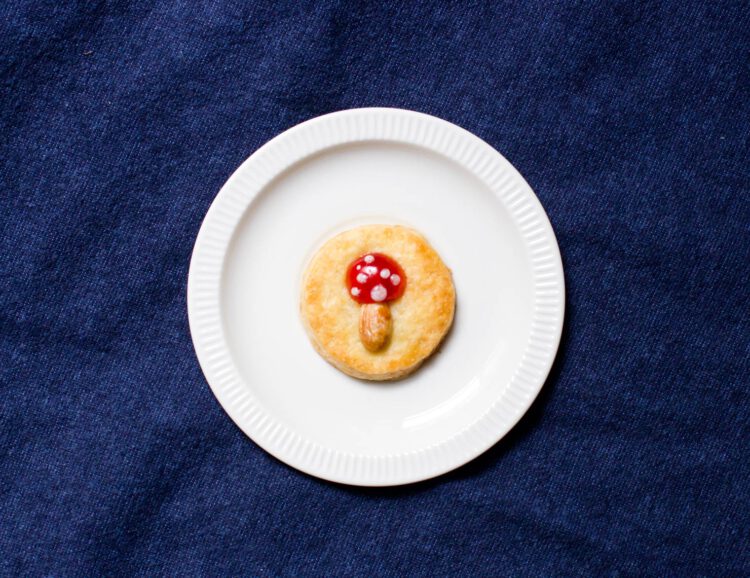


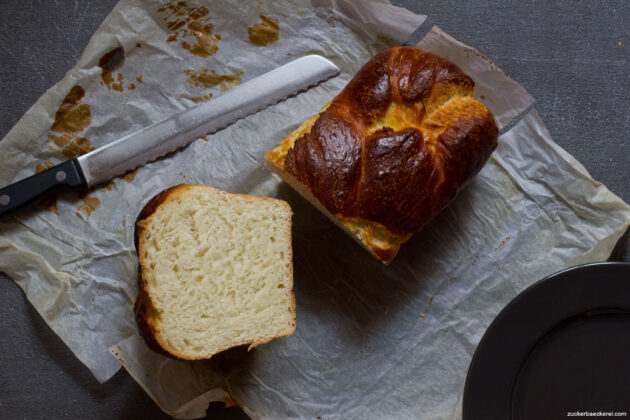

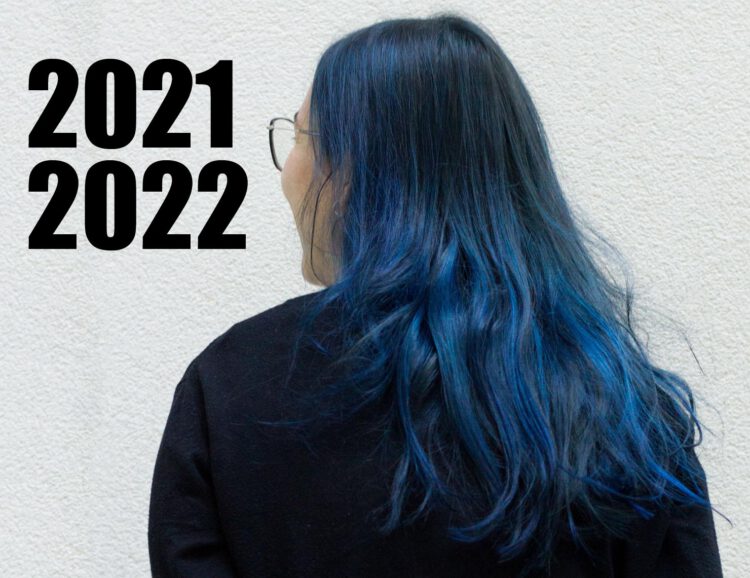
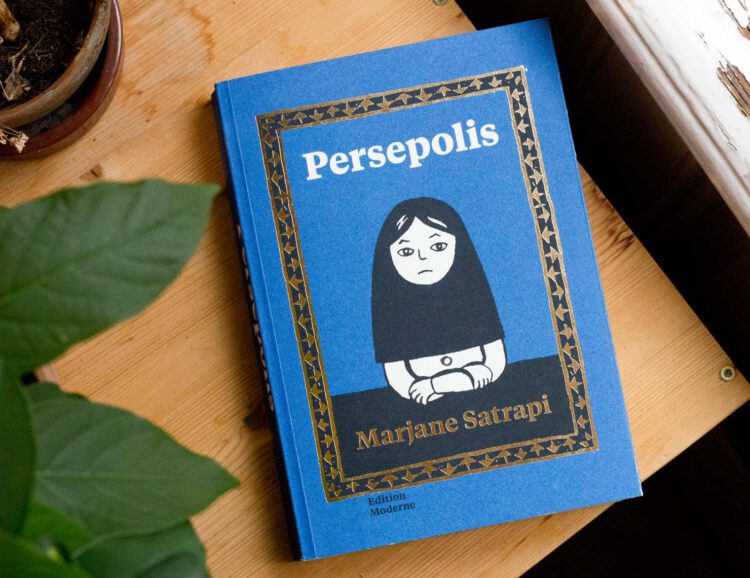
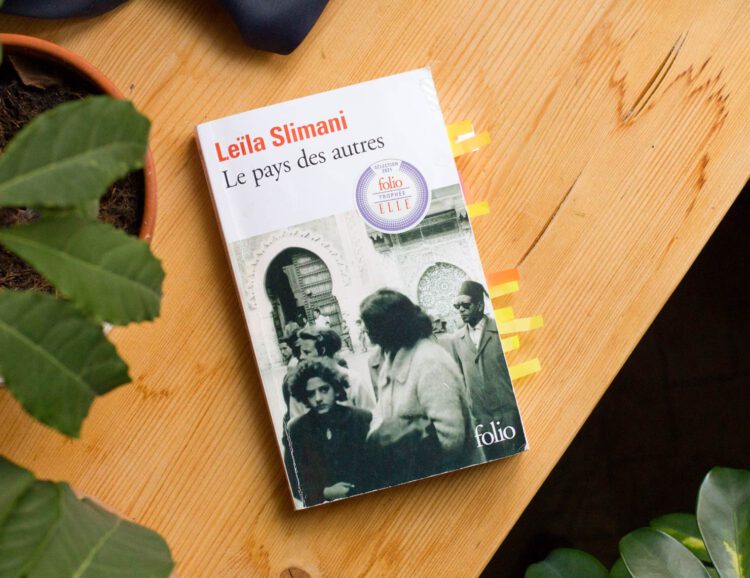
 Hi, ich bin Jana. Seit 2009 veröffentliche ich hier wöchentlich Rezepte, Reiseberichte, Restaurantempfehlungen (meistens in Wien), Linktipps und alles, was ich sonst noch spannend finde. Ich arbeite als Redakteurin bei futurezone.at, als freie Audio-/Kulinarikjournalistin und Sketchnoterin. Lies mehr über mich und die Zuckerbäckerei auf der
Hi, ich bin Jana. Seit 2009 veröffentliche ich hier wöchentlich Rezepte, Reiseberichte, Restaurantempfehlungen (meistens in Wien), Linktipps und alles, was ich sonst noch spannend finde. Ich arbeite als Redakteurin bei futurezone.at, als freie Audio-/Kulinarikjournalistin und Sketchnoterin. Lies mehr über mich und die Zuckerbäckerei auf der 

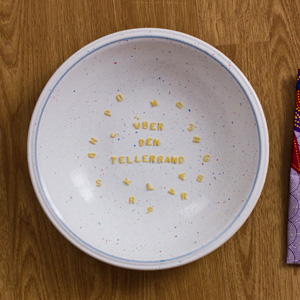 Über den Tellerrand
Über den Tellerrand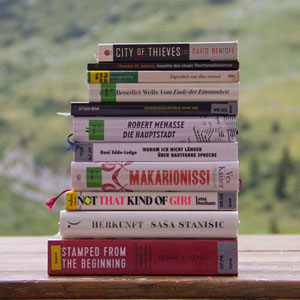 Bücher
Bücher Zuckersüß
Zuckersüß

